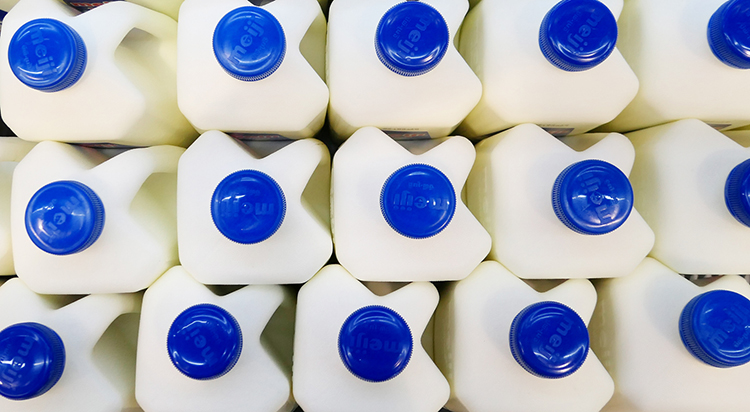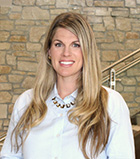
I am struggling to write today. I have thoughts swirling through my mind, but all eloquence disappears as I try to type them out. So, I decided to try something a little different. Here’s my stream of consciousness, note-style:
1. Our industry should redirect much of the money being spent opposing non-dairy products claiming our dairy standards of identity to instead funding more research and development on the future of our dairy products. It’s an unpopular opinion, I know. I do think it’s completely unfair that these imposters or ‘substitutes’ call themselves milk, cheese, and butter, but at the same time, digging our heels in to a too-far-gone naming fight doesn’t help us move dairy forward.
2. The amount of paperwork and bureaucracy food service professionals in our schools have to deal with is unreasonably cumbersome. If the ultimate goal is for them to help nourish our children, then they should be able to focus their efforts on that. For example, the USDA recently released a policy memo stating, “In light of the exceptional circumstances of this public health emergency…[the department] is granting a nationwide waiver to support access to nutritious meals.” So, with this allowance, if a school wants to temporarily (until June 2022) offer low-fat flavored milk, this waiver requires a state to first opt in, the school to then complete and submit the waiver to the state with justification, and then hope they get approved. If they do get approved, they have to then supply information for reporting requirements afterward. That is a lot of extra work if the intent is supposed to help make access to nutritious products in school meal programs easier. And that’s only the short-term solution. While the Dietary Guidelines for Americans (DGAs) support flavored low-fat milk for children, the current school meal programs (without the temporary flexibility) only allow unflavored low-fat milk or nonfat flavored milk. This results in less consumption due to less taste appeal. Long term, school meal programs should be aligned with DGAs. This shouldn’t be so complicated.
3. I want my children to show dairy cattle. I live in the suburbs now, so this will take a bit of effort to organize and implement. Fortunately, we have some dairy farms not too far away. As my oldest son approaches age 8, I need to start looking into local 4-H programs. I want him to learn the values that working with dairy cattle taught me firsthand. Mornings on the wash rack before the sun has risen teach a lot of life lessons that I can’t.
4. I recently saw a TikTok captioned “Love this!” on the Facebook page by Dairy Dad (Tyler Ribeiro) explaining that his goal in sharing his farming practices isn’t to persuade people to drink more milk, but rather just to tell his story. He wants to show how he farms and cares for his animals. My reaction: “YESSSS!!!!!” Of course we love it when people like our products, but if they don’t, that’s fine. We just want people to know the truth, firsthand! I encourage you to watch it; be prepared to nod in agreement.
These thoughts are somewhat random, but they’re real and relevant for me today. Most importantly, they’re actionable. If we think something can be done better, then it is up to us to put forth the effort toward implementing the change we hope to see.

Erin Massey is the product development manager at Prairie Farms, a farmer-owned cooperative based in Edwardsville, Illinois. She is responsible for overseeing all aspects of the development process, from concept to commercialization. Erin grew up on a Florida dairy farm and has a deep-rooted passion to invigorate the dairy industry. Erin earned a bachelor's degree in chemical engineering from the University of South Florida. Her personal mantra is "Be Bold."